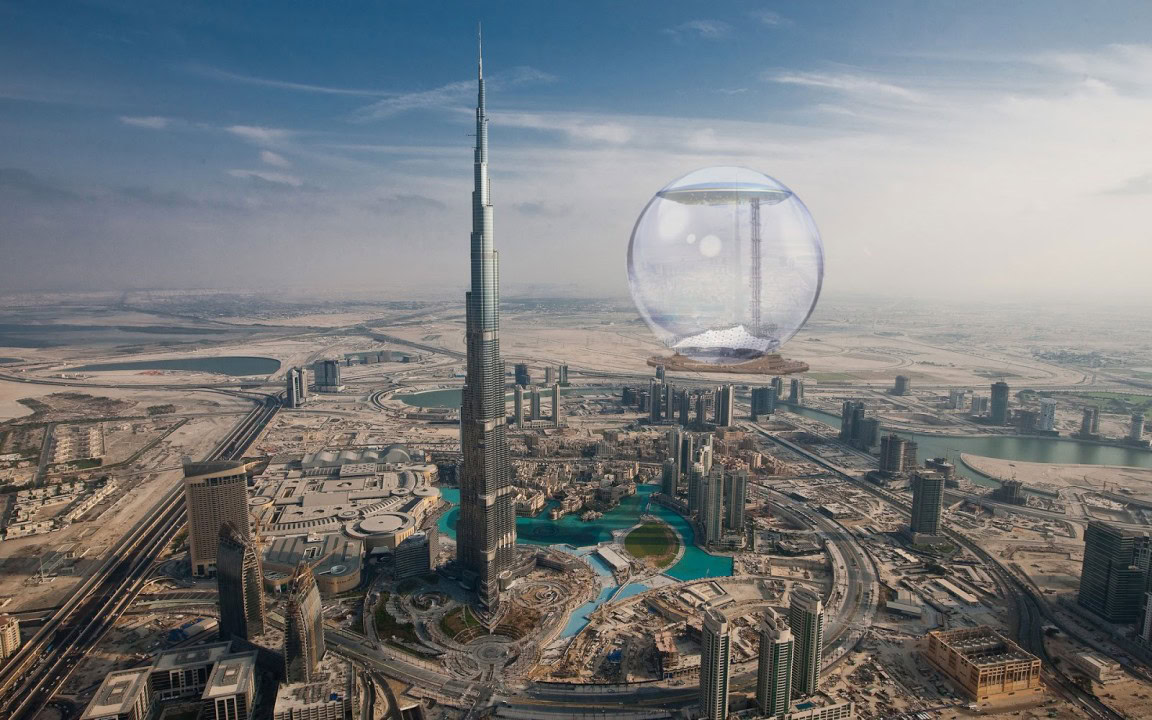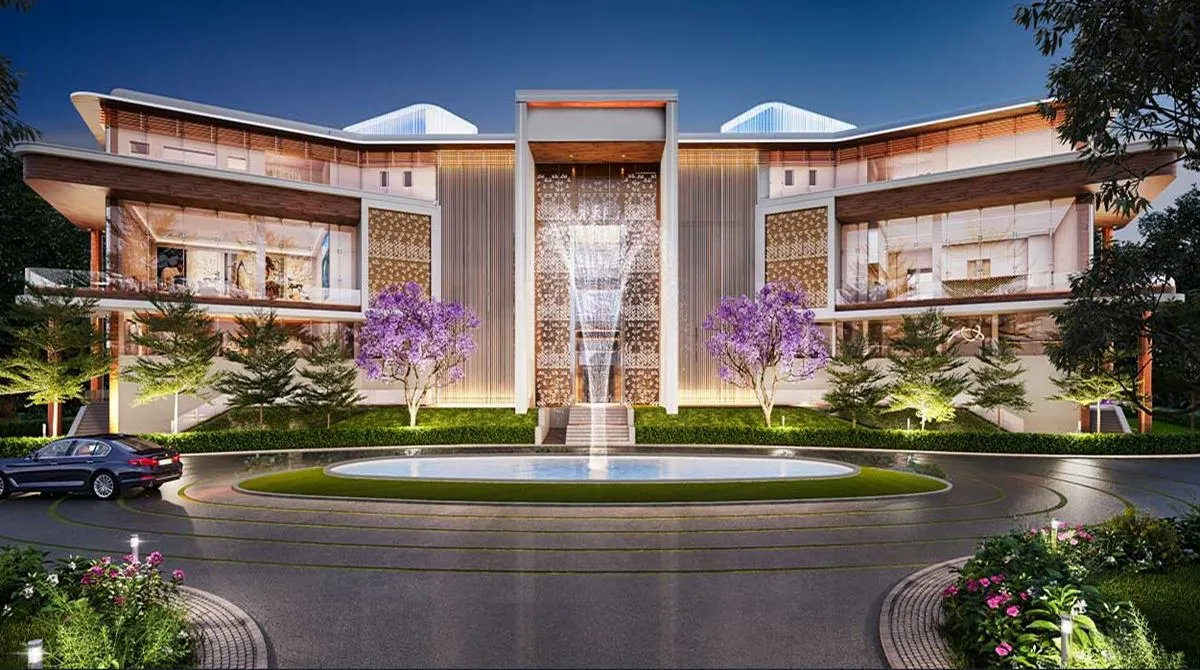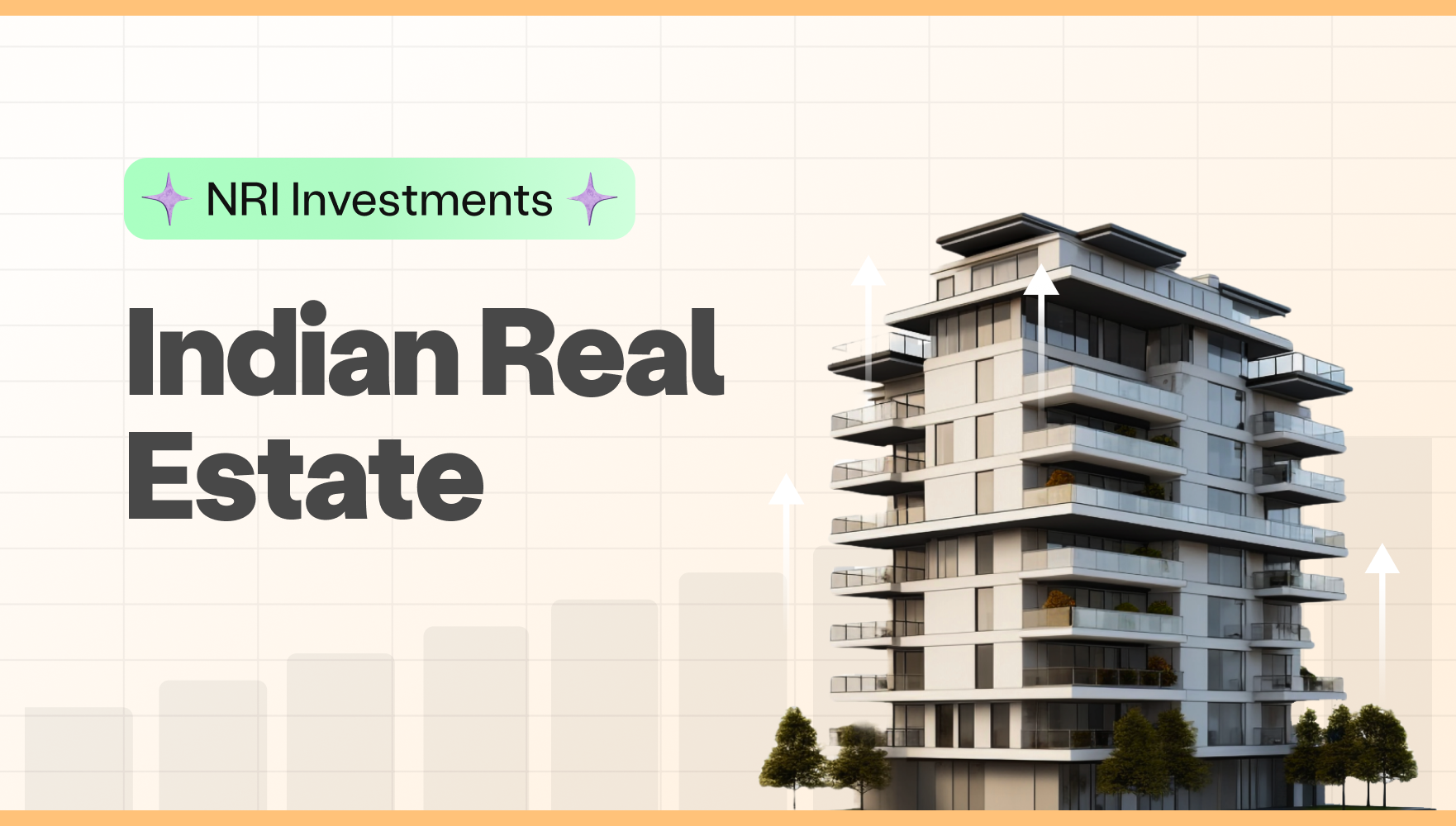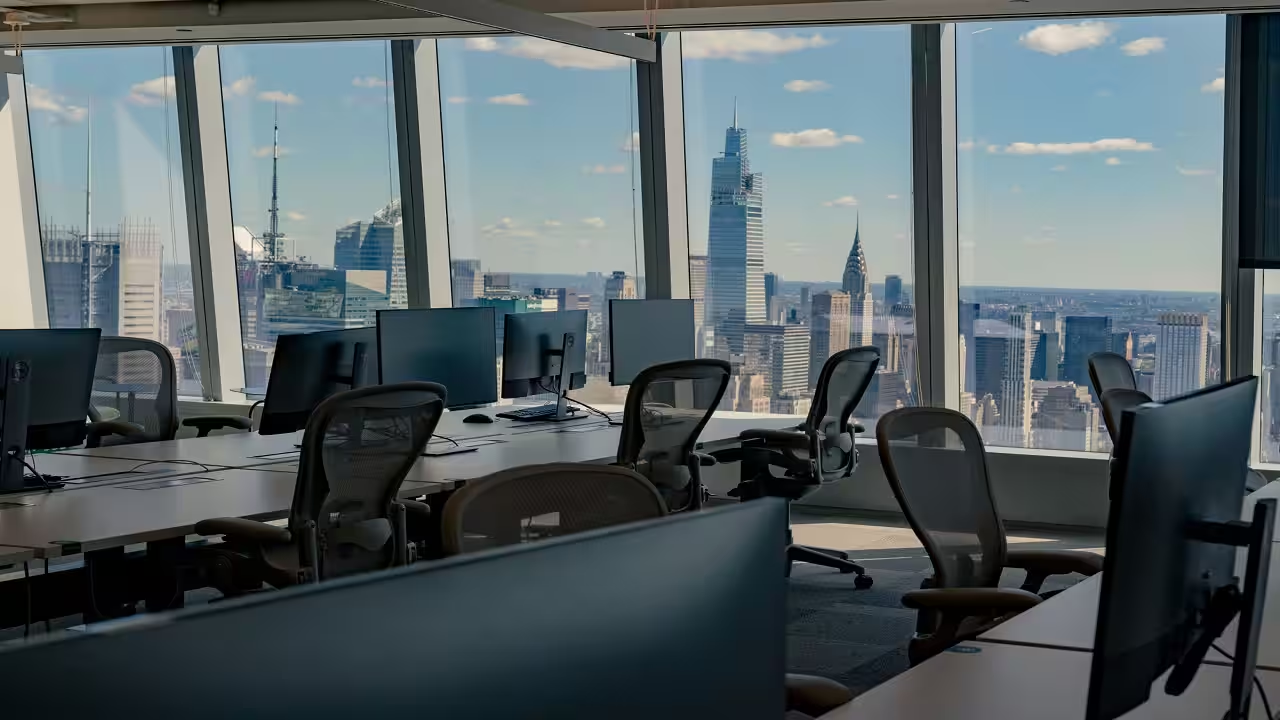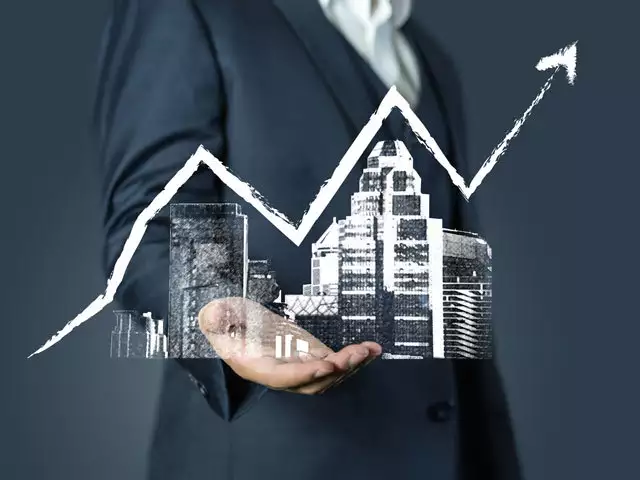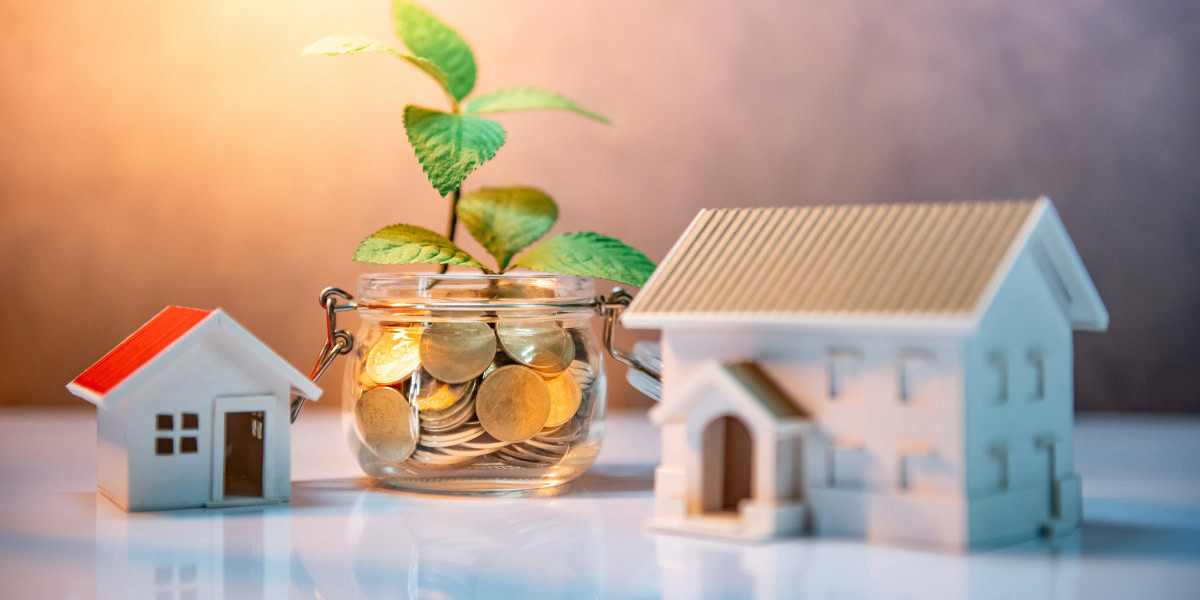For years, Dubai has been synonymous with luxury living and booming real estate. Investors worldwide have flocked to this glittering metropolis, lured by the promise of high returns. But with global economic uncertainty and rising interest rates, a question lingers: Is Dubai’s dream market headed for a correction?
Dubai’s Real Estate Rollercoaster: A History of Boom and Bust
Dubai’s real estate market is no stranger to dramatic swings. The city witnessed a meteoric rise in the early 2000s, fueled by ambitious development projects and an influx of foreign capital. However, the 2008 financial crisis exposed vulnerabilities, leading to a sharp decline in property prices. Dubai has since bounced back, but the question remains: Can it avoid another downturn?
Defying Gravity: Dubai’s Recent Market Boom
Despite global headwinds, Dubai’s real estate market has defied expectations in recent years. Here’s a glimpse into the driving forces:
Post-Pandemic Appeal: Dubai’s swift handling of the pandemic and its reputation as a safe haven attracted wealthy individuals and businesses.
Favorable Government Policies: The UAE government’s focus on attracting foreign investment, including long-term visas and business-friendly regulations, bolstered investor confidence.
Geopolitical Landscape: Instability in other regions has made Dubai a more attractive destination for investment.
Weakening Currencies: The relative strength of the UAE Dirham compared to some currencies has made Dubai properties more affordable for international buyers.
These factors have fueled a surge in property prices and rental yields, particularly in the luxury segment. In 2023, Dubai recorded a record number of sales exceeding $10 million, solidifying its position as a global luxury property hotspot.
Shifting Sands: Potential Signs of a Slowdown
However, amidst the current boom, whispers of a potential slowdown are emerging. Here’s what could trigger a correction:
Rising Interest Rates: The US Federal Reserve’s interest rate hikes, mirrored by the UAE central bank, could increase borrowing costs and dampen investor enthusiasm.
Global Economic Slowdown: A potential global recession could reduce foreign investment and overall demand for Dubai property.
Oversupply Concerns: While new project deliveries have slowed, some analysts warn of a potential oversupply scenario in specific segments.
Geopolitical Tensions: Regional instability, including the ongoing Russia-Ukraine war, could create uncertainty and impact investor sentiment.
Beyond the Headlines: Factors Rarely Discussed
While traditional factors like interest rates and global economics are crucial, here are some lesser-discussed aspects to consider:
Changing Investor Profile: The rise of remote work and digital nomads is attracting a new breed of investors seeking flexible living options. This could influence demand for co-living spaces and short-term rentals.
Evolving Regulatory Landscape: The UAE government’s ongoing efforts to regulate the short-term rental market (like Airbnb) could impact rental yields in specific segments.
Sustainability Concerns: Growing environmental awareness is prompting a shift towards sustainable developments. Properties with energy-efficient features and eco-friendly construction could see rising demand.
Impact of Technology: The integration of PropTech (property technology) solutions could enhance transparency, streamline transactions, and potentially influence market dynamics.
Dubai’s Resilience: A City Built to Adapt
Despite potential challenges, Dubai’s history of reinvention suggests it can adapt to changing market conditions. Here’s what could mitigate a significant downturn:
Government Intervention: The UAE government has a history of intervening during downturns to stabilize the market. Policies aimed at supporting first-time buyers and promoting specific sectors are possibilities.
Focus on Diversification: Dubai’s ongoing efforts to diversify its economy beyond oil dependence could attract new businesses and residents, creating long-term demand for housing.
Infrastructure Development: Continued investment in infrastructure projects, including Expo 2025 preparations, could enhance long-term property value in specific areas.
Investing in Dubai’s Future: A Cautious Approach
For potential investors, a cautious approach is recommended. Here are some key considerations:
Conduct Thorough Research: Don’t rely solely on headlines. Independently research specific developments, considering factors like location, amenities, developer reputation, and potential rental yields.
Seek Professional Guidance: Consulting with a reputable real estate agent or advisor familiar with the Dubai market can provide valuable insights and help navigate the complexities of the buying process.
Consider Long-Term Investment Horizon: Dubai’s real estate market is cyclical. Investors with a long-term perspective are better positioned to weather potential downturns.
Understand Exit Strategies: Having a clear plan for exiting the investment, whether through resale or rental income, is crucial.
FAQ
Q. Is Dubai’s real estate market in a bubble?
There are concerns about a potential bubble, but the government’s efforts to regulate the market and a focus on diversification could mitigate risks.
Q. What are the most attractive property segments in Dubai?
Luxury properties and mid-range apartments in prime locations are currently in high demand. However, the rise of remote work could influence demand for co-living spaces in the future.
Q. Is Dubai a good place to invest in real estate?
Dubai offers the potential for high returns, but it’s crucial to conduct thorough research and consider the risks involved.
Q. What are the pros and cons of investing in Dubai real estate?
Pros: High rental yields, tax benefits, strong government support, haven reputation
Cons: Fluctuating market, potential oversupply, dependence on global economic conditions
Conclusion: Dubai’s Real Estate – A Story Yet to be Written
Dubai’s real estate market remains a captivating story, with both exciting possibilities and potential challenges on the horizon. While a significant slowdown can’t be entirely ruled out, the city’s history of adaptation and its ongoing diversification efforts provide reasons for optimism.
For investors, careful planning, thorough research, and a long-term perspective are key to navigating this dynamic market. Ultimately, whether Dubai’s dream market experiences a soft landing or a more dramatic correction remains to be seen.
Disclaimer: This article provides general information and shouldn’t be considered financial advice. Always consult with a qualified professional before making any investment decisions.
Reference By:
Dubai Market Review by Knight Frank
Similar Topics
The Real Estate Market Gears Up for a New Generation of Homeowners
Explore the factors driving a surge in new homebuyers and how the real estate market is adapting to their evolving…
How NRI Investments are Shaping Indian Real Estate Market
Explore the rising trend of NRI investment in Indian real estate. Understand the factors driving this growth, investment options, and…
Why Real Estate Players are Turning to Debt Deals
Explore the rising trend of real estate players utilizing debt deals to finance projects. Understand the benefits, challenges, and future…
Trends in India Commercial Real Estate Market
Dive into the evolving landscape of India’s commercial real estate market. Explore key trends, investment opportunities, and the future outlook…
5 Trends shaping Indian Residential Real Estate Landscape in 2024
Dive into the top 5 trends transforming India’s residential real estate market in 2024. Discover evolving buyer preferences, innovative…
Is Real Estate India’s Safest Investment? Weighing the Pros and Cons
Is Indian real estate a guaranteed path to wealth? Explore the advantages and potential drawbacks of investing in Indian…
